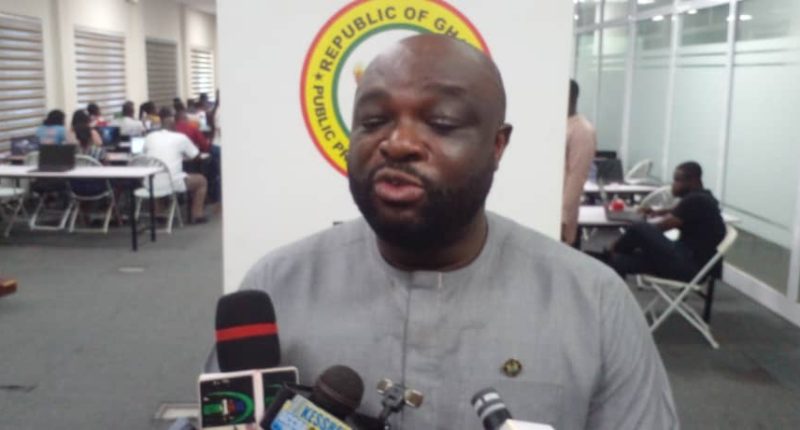As part of efforts to ensure transparency in the use of the Ghana Electronic Procurement System, more than 70 private sector suppliers on Thursday, April 18, underwent training in Accra to navigate through the e-Procurement system.
The suppliers, who procure goods and services for public sector entities, registered to take part in the training, including road and building contractors and consultants.
During an interaction with the media to explain the rationale of the training, Mr Kwame Prempeh, the Deputy CEO at the Public Procurement Authority, said the e-Procurement system became operational in 2019 and had since trained most of the public sector entities on its usage.
Therefore, it had become prudent to sensitise private sector suppliers of goods and services to government entities on the use of the e-procurement system in order to ensure efficiency and productivity, he explained.
“It is increasing transparency within the procurement space, reducing the cost of doing business with government and improving efficiency and productivity,” Mr Prempeh stated.
“As a nation, it’s helping us to ensure fiscal discipline and avoiding implementing projects without budgetary allocation,”he added.
Since its roll-out in 2019, about 4,000 suppliers had been trained on the e-Procurement system out of the estimated 28,000 nationwide.
Mr Prempeh said government wouldn’t function properly without the private suppliers responding to tenders, hence it was imperative to sensitise them in order to navigate through the platform efficiently.
“Once a tender has been published it is the private sector that must respond in order to provide goods and services to the government,” he said.
The Deputy CEO of PPA noted that the e-Procurement system had made it possible and easier for suppliers to prepare and submit their tenders or documents electronically without rushing to the entity’s Office.
That, he said, had ensured value for money and saved most suppliers the drudgery of travelling long distances to government offices to submit their tenders.
On challenges the e-Procurement system had faced so far, Mr Prempeh said since people were more familiar with the manual way of doing business, they became repulsive towards embracing change or new ways of doing things.
However, Mr Prempeh said, with the continuous sensitisation of the private sector suppliers, it would eradicate the e-procurement hurdles in the near future.
Ms Lilian Amponsah Boafo, a participant at the training workshop from Sekondi-Takoradi, said the training had enlightened her knowledge on e-Procurement processes and making bidding for tender competitive.
Dr George Femakor of Equatorial Health Services, Tema, said the training had created positive mindset among suppliers and eradicating human contacts during bidding for tender.
More training sessions would be conducted for suppliers next month, therefore interested suppliers can register to take part in the training.









